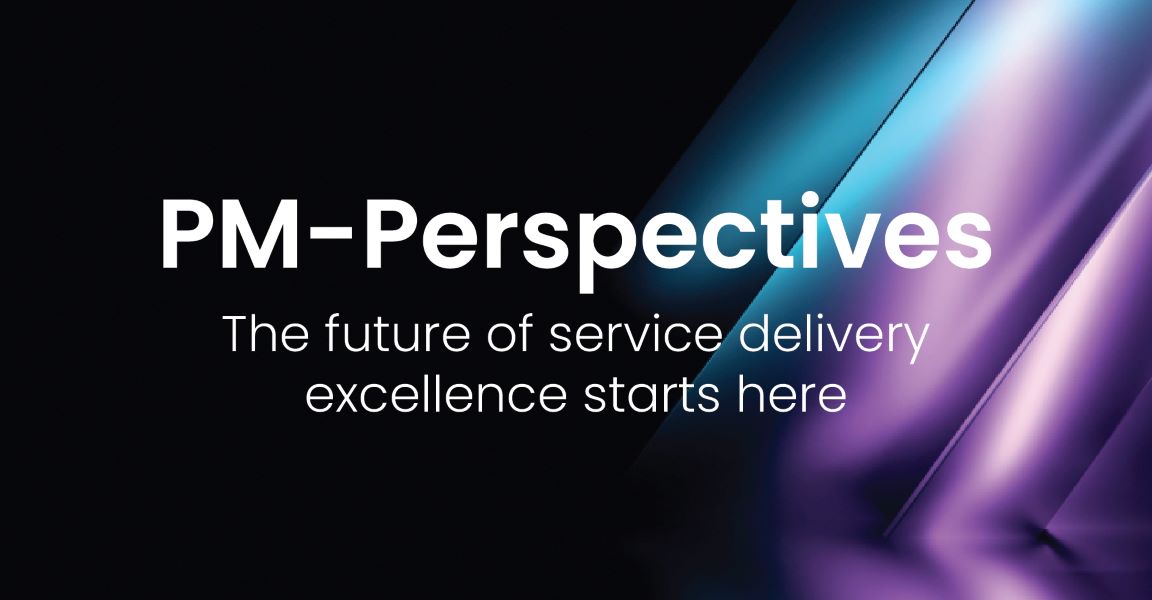What PMO leaders need to thrive

Like all successful leaders, heads of PMOs must possess both hard and soft skills in order to drive their teams, and their careers, forward. But elevation into a leadership role often occurs based on hard skills alone. This can lead to a state of cognitive dissonance well known to anyone in business: “What got you here won’t get you there.”
So, how can PMO leaders ensure they have the right (and full) skill set for the job?
Empathy in action
Let’s start with the most necessary soft skill for any leader: empathy. Leaders who master empathy achieve “more than 40 per cent higher in overall performance,” according to recent research. Empathy was identified as “acknowledging others’ feelings and circumstances when they express emotion verbally or non-verbally” so they know their feelings are understood and considered.
This research is echoed by many of today’s top thinkers, including Dr. Brené Brown, who describes empathy as a skill that leaders can (and should) acquire, particularly for the way it fuels connection. Brown highlights the work of Theresa Wiseman, a UK-based nursing scholar, whose four defining attributes of empathy are:
- To be able to see the world as others see it.
- To be non-judgmental.
- To understand another person’s feelings.
- To communicate your understanding of that person’s feelings.
Empathy becomes especially important for leaders whose work touches not only individuals, but processes and perspectives. It’s worth remembering that your team is not a collection of machines or robots. They’re real people with human flaws, shortcomings, desires and dreams.
Next, to be a truly transformational PMO leader, you need to deliver on major change initiatives, which can be difficult for even an enterprise-level PMO with seasoned leadership. This is due to the conflict between seeing the PMO as either ‘guardian’ or ‘change agent’, not both. Outstanding PMO leadership must operate effectively on both levels:
- As a guardian, the PMO leader ensures all projects operate effectively, by applying standardised reporting, governance and project management processes.
- As a force of change, the PMO leader must also be able to shift into the role of a strategic contributor.
In a recent report referencing PMOs and strategy, the Project Management Institute (PMI) found that high-performing PMOs tend to share some key characteristics. They:
- Go beyond the basics by assessing project quality.
- Help business managers tasked with delivery properly brief senior executives.
- Give enough time to make course corrections and ensure the initiative gets delivered.
- Solicit feedback from key stakeholders.
- Continuously improve their practices to drive successful strategy execution.
Excellence in communication
Communication will also be a defining characteristic of a thriving, high-impact PMO leader – and organisations are recognising how it can improve project success. According to a PMI report on the essential role of communications, 80 per cent of projects with highly effective communicators met their original goals (compared to just 52 per cent with minimally effective communicators). Moreover, 71 per cent of those projects were on time (compared to 37 per cent), and 76 per cent were within budget (compared to 48 per cent).
The most important point for PMO heads is to not overuse project-management speak. Focus on arming decision-makers with highly digestible and actionable information. If you need help bolstering your communication skills, ask for it – early and often. It’s as much a career-defining attribute as anything else. Work with your team to define a communications strategy from the outset, and one that goes beyond status reporting.
What’s next?
There is much expected from PMO leadership – empathy, the ability to be a force of transformational change, great communication skills. It’s easy to see how it can quickly become overwhelming. But great leadership is a skill that can be honed over time.
Focus on presenting an empathetic, empowering and authentic style of leadership that complements the hard skills you’ve worked to acquire. If you can centre yourself where these two worlds connect, then you will be well on your way to becoming a transformational leader in your own right.
For more information on how your organisation can get help with project, programme or PMO delivery, contact the experts at PM-Partners or call us on 1300 70 13 14 today.

About The Author
Tracey Copland
Head of Development
Tracey has been involved in management, finance and business consulting including Portfolio, Programme & Project management for 20+ years. Together with her skills and experience, Tracey is a flexible professional seeking to achieve a high work standard, focussing on value-add.
Having been with PM-Partners group for 15 years, Tracey has held roles including Consultant/Trainer, Head of Training and currently, Head of Development. Tracey has provided training and consultation services to clients in both the public and private sectors, across various disciplines and at all levels including Project, Programme, Portfolio and Change Management, and Agile practices.








